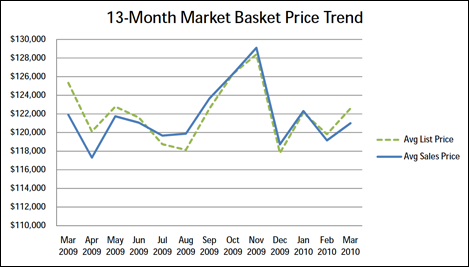Your mortgage lender just called. The appraiser is standing outside the home you’re hoping to buy, but there is no key in the lockbox. The lender called you so that you could call your Realtor. Your Realtor in turn can call the listing agent, and then someone can get over to the house — pronto! — to let the appraiser in.
There’s just one problem: You can’t seem to get your Realtor on the phone.
Stuff happens. Your Realtor could be tied up with another client or stuck in traffic in a cell-phone dead zone. Heaven forbid, he might have been in a car accident.
But… There is another possibility…
Do you remember when you first made contact with your Realtor? Do you recall him telling you all about how hi-tech his business is, detailing his presence on all the biggest social media sites?
So: If you’re not getting your calls to your Realtor returned, where might be a good place to look for him?
How about Twitter, for a start? How about Facebook? Foursquare? Tumblr? Posterous? You might have to look in a few places, but there are only two kinds of hi-tech Realtors: The kind who work a lot and the kind who play a lot.
How can you tell if your Realtor is the kind who plays a lot? It’s easy. He’ll be leaving tracks all over the place, Retweeting jokes and commenting on Facebook photos and writing detailed reviews of burger joints and doing — and documenting — just about any activity on the face of the earth — except attending to your real estate transaction.
Here’s the sad part: Even if you’re seeing dozens of Tweets and Facebook comments from your Realtor, you’re probably just seeing the tip of the iceberg. You’re not seeing the direct Twitter posts or the private conversations being carried out on Facebook or in email.
But: If your Realtor seems to be wasting his entire day on social media sites, there’s a reason for that:
It’s because he’s wasting his entire day on social media sites.
I’ve tried pointing out to Realtors that schmoozing on Twitter or Facebook is bad marketing, so far to no avail:
I say that trying to sell real estate via Twitter/Facebook is a waste of time — and it is anti-marketing even if it seems to produce some results. Why? Because the bulk of your chatter is going to look like… chatter. Your clients might like it when you schmooze with them, but your public schmoozing with every other time-wasting Realtor and vendor in the RE.net is going to look to your clients like just what it is: Time-wasting laziness.
Here’s the good news: You have the power to do something about this. Once you’ve discovered that your Realtor is ignoring your needs in order to goof-off online, put him on notice: “You will either service my transaction or I will fire you with dispatch.” You’re the boss. Act like it.
Even better, when you’re shopping for a Realtor, shop his or her online presence. Is your prospective Realtor a big-time Twitter kibitzer? This will come back to bite you in the butt. Is she an all-day Facebook schmoozer? Be prepared to handle your own transaction; your Realtor has another job she likes better than the one you’re offering her.
Why can’t you get your Realtor on the phone? Why don’t your repair issues get dealt with? Why is your lender calling the title company for you? Why is there an appraiser stranded outside your new home?
Part your problem is that you have a lazy Realtor.
The other part is that you have been a lax supervisor.
Whether your are a home seller or a buyer, you’re paying a lot of money for real estate representation. If you’re not getting it, you must either demand better performance immediately or take your business elsewhere.
The beautiful thing about capitalism is that you can always put the bums out of work. That’ll give them something to chat about online…



